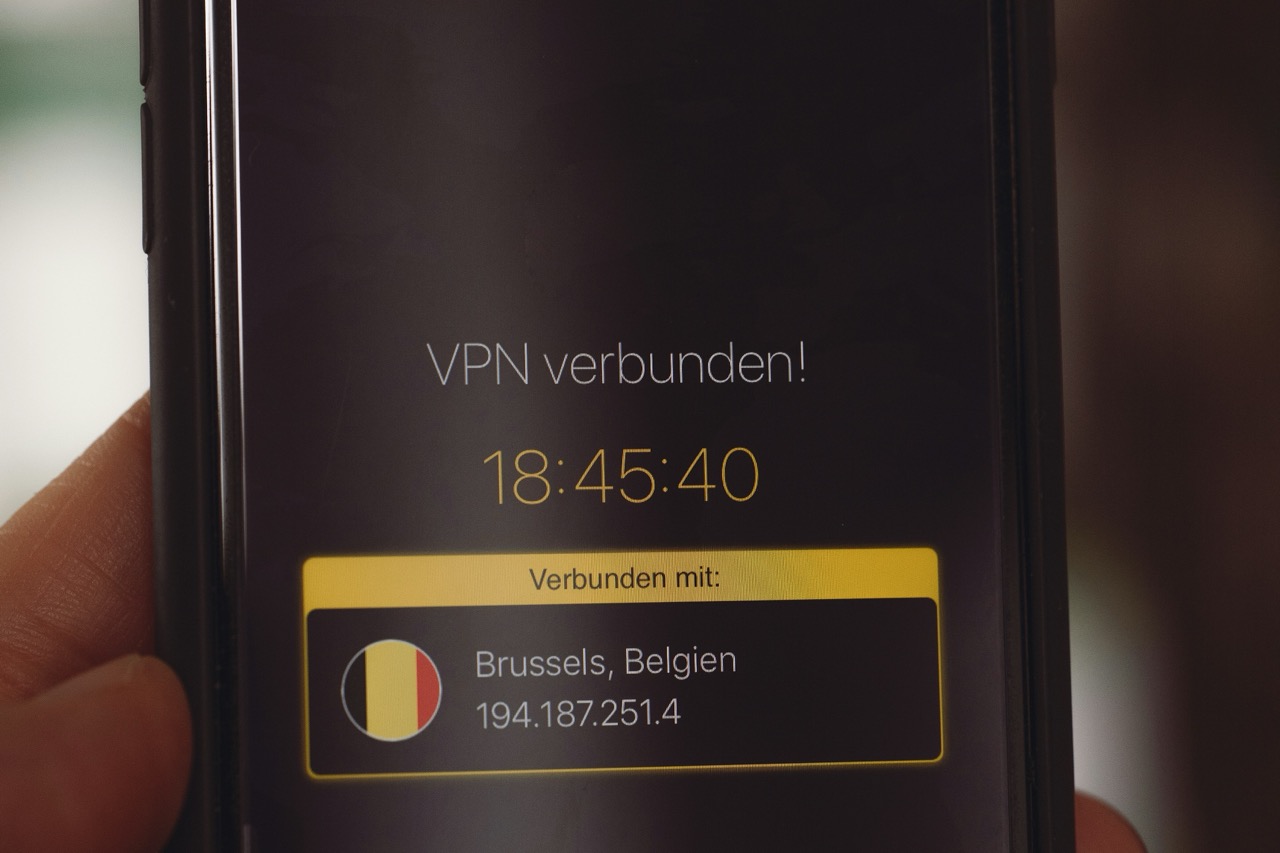In an era where online privacy and security are paramount, Virtual Private Networks (VPNs) have become a popular solution for many internet users. They promise enhanced privacy, bypassing censorship, and secure data transmission over public networks. However, misconceptions surrounding VPNs can lead to misunderstandings about their capabilities and limitations. This article aims to clarify these misconceptions and provide a more nuanced understanding of VPN technology.
Understanding the Role of VPNs: Beyond Basic Privacy
VPNs serve as an intermediary between users and the internet, effectively masking their IP addresses and encrypting their data. The primary purpose of a VPN is to create a secure tunnel for data transmission, ensuring that personal information remains confidential, especially when using unsecured networks like public Wi-Fi. While privacy is a significant benefit, it is important to recognize that VPNs do not eliminate all risks associated with online activity.
Furthermore, VPNs can facilitate access to geo-restricted content, allowing users to bypass regional censorship and gain access to services that may not be available in their location. This capability highlights the versatility of VPNs beyond just privacy concerns. In this regard, users must understand that VPNs can enhance their overall online experience by enabling secure access to a wider array of resources.
Finally, the effectiveness of a VPN depends on the provider’s technology and policies. Not all VPN services are created equal; factors such as logging policies, server locations, and the jurisdictions under which they operate can greatly influence the level of privacy and security they offer. Understanding these nuances is crucial for users seeking to optimize their VPN experience.
Misconception 1: VPNs Provide Absolute Anonymity Online
One of the most prevalent misconceptions is that VPNs offer complete anonymity online. While VPNs can mask a user’s IP address, they do not guarantee total anonymity. Internet service providers (ISPs) and various web services can still track user behavior through other means, such as cookies and browser fingerprinting. This means that, although a VPN obscures a user’s IP address, it does not make them invisible on the internet.
Moreover, the level of anonymity provided by a VPN also depends on its logging policies. Some VPN providers may retain user data, which can potentially be accessed by law enforcement or other agencies. Users must carefully review the privacy policies of their chosen VPN services to understand what data is collected and retained, as this can significantly impact their overall anonymity.
In addition, relying solely on a VPN for anonymity can create a false sense of security. Users may engage in risky online behaviors, assuming they are completely protected, which can lead to exposure of personal information. It’s essential to combine VPN usage with other privacy practices, such as using privacy-focused browsers and disabling tracking features, to enhance overall online anonymity.
Misconception 2: All VPNs Guarantee High-Speed Connections
Another common misconception is that all VPNs will provide high-speed internet connections. The reality is that VPN performance can vary significantly based on numerous factors, including server load, distance to the server, and the type of encryption used. Users may experience slower internet speeds when connected to a VPN, especially if the server is located far away or if many users are connected to the same server simultaneously.
Furthermore, some VPN services may throttle speeds to manage bandwidth or prioritize certain types of traffic. This can lead to inconsistent user experiences, with some VPNs performing exceptionally well under certain conditions while others may consistently lag. Users should conduct performance tests and read reviews to gauge the expected speeds of a VPN before committing to a subscription.
Finally, it is essential to recognize that not all VPN protocols are optimized for speed. Certain protocols may provide better security at the expense of speed, while others may prioritize performance. Understanding the trade-offs between speed and security can help users select a VPN that aligns with their specific needs, whether it be for streaming, gaming, or general browsing.
Misconception 3: Free VPNs Offer the Same Security as Paid Options
The allure of free VPN services can be tempting; however, there is a significant misconception that these free options offer the same level of security as their paid counterparts. In many cases, free VPNs may compromise user security by collecting and selling user data to third parties or injecting ads into user sessions. This undermines the very purpose of using a VPN to enhance privacy.
Additionally, free VPNs may lack essential security features such as robust encryption protocols, kill switches, and advanced leak protection. Without these measures in place, users may inadvertently expose their data when their VPN connection is interrupted or compromised. Paid VPN services typically invest in better infrastructure and security measures, thereby providing a more trustworthy solution for users concerned about their online privacy.
Moreover, the range of features offered by paid VPNs often surpasses those of free options. Paid services typically offer faster connection speeds, more server locations, and better customer support, which are crucial for a seamless and secure user experience. Users must weigh the risks associated with free VPNs against the benefits of investing in a reliable, paid service that offers comprehensive security and privacy.
Misconception 4: VPNs Are Only for Tech-Savvy Users
There exists a perception that VPNs are only suitable for those with advanced technical knowledge. In reality, modern VPN services are designed with user-friendliness in mind. Many providers offer intuitive applications that streamline the process of connecting to a VPN, making it accessible even for individuals with minimal technical expertise. Installation guides, FAQs, and customer support further facilitate the use of VPNs for newcomers.
Furthermore, the growing awareness of privacy concerns has led to increased adoption of VPNs among the general public. As more individuals recognize the importance of protecting their personal information online, VPN providers are actively working to demystify the technology. This has resulted in the creation of user-centric interfaces that allow anyone to effectively utilize a VPN without needing advanced skills.
Lastly, many VPN services offer educational resources and tutorials that empower users to understand the technology better. These resources can help demystify concepts related to online security and privacy, enabling users to make informed decisions about their online safety. Thus, while VPNs may have once been seen as a tool for the tech-savvy, they are now widely accessible to users of all backgrounds.
Misconception 5: VPNs Protect Against All Cyber Threats
While VPNs play a vital role in enhancing online security, they are not a silver bullet against all cyber threats. Some users mistakenly believe that using a VPN alone will fully protect them from malware, phishing attacks, and other forms of cybercrime. In reality, VPNs primarily focus on encrypting data in transit and masking IP addresses, which does not provide complete immunity against various cyber threats.
For instance, VPNs do not offer built-in antivirus protection or malware detection. Users still need to employ additional security measures, such as reputable antivirus software and safe browsing practices, to mitigate the risk of cyber threats. Relying solely on a VPN can lead to complacency, making users vulnerable to phishing scams, malicious downloads, and other attacks that a VPN cannot prevent.
Moreover, it is essential for users to recognize that while VPNs can secure data transmission, they cannot protect against threats that arise from weak passwords or insecure accounts. Strong password hygiene, two-factor authentication, and awareness of phishing tactics are critical components of a comprehensive cybersecurity strategy. In summary, while VPNs are a valuable tool for enhancing privacy and security, they should be part of a broader set of practices aimed at protecting users in the complex digital landscape.
In conclusion, understanding the capabilities and limitations of VPNs is crucial for anyone seeking to enhance their online privacy and security. By debunking common misconceptions, users can make informed decisions about which VPN services to use and how to employ them effectively. While VPNs offer significant benefits, they should not be viewed as a one-stop solution for all online concerns. Instead, they should be integrated into a broader strategy that includes strong security practices and awareness of potential threats online. In a digital world filled with challenges, informed users are the best line of defense.










